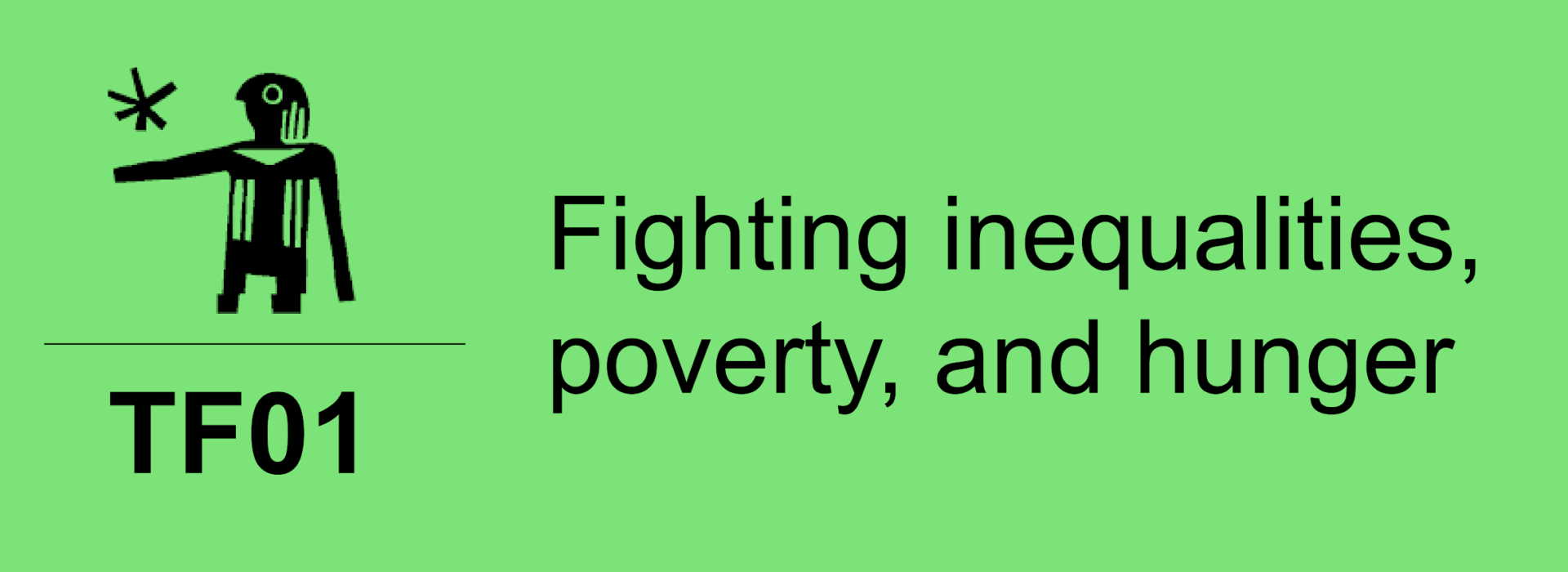Latin America, currently the most urbanized region with 80% of people residing in cities, faces challenges due to unplanned urbanization, resulting in 113 million people living in informal settlements (UN, 2020). This concentrated structural poverty (Barrett, C., & Carter, M., 2013) represents a significant obstacle to poverty reduction and social inclusion. Recognizing this is crucial for redefining the problem. It extends beyond land occupation or substandard construction quality; it involves excluded neighborhoods lacking basic services, public transportation, and security. Consequently, the current challenge is to integrate these neighborhoods into the city and vice versa. Living conditions in these neighborhoods hinder both individual and national development. A key aspect is recognizing that those born in these areas face more disadvantages. It is logical that progress is harder when born into a home that floods with every rain, lacks internet access, potable water, recreational spaces, and adequate lighting for nighttime safety. The socio-urban integration policy proposes a comprehensive approach to address this issue by creating equality in initial conditions to foster development. Based on experiences in designing and implementing these processes, we propose recommendations focusing on two main aspects: incorporating participatory methodologies to ensure process implementation and sustainability and working comprehensively on three main dimensions: urban integration, housing, and socioeconomic aspects. Key words: urbanization- informal settlements- structural poverty- social exclusion- socio urban integration- participatory methodologies- housing deficit- public services- social infrastructure- sustainable development- economic empowerment- sustainable cities.
Register for Updates
Would you like to receive updates on the Global Solutions Initiative, upcoming events, G7 and G20-related developments and the future of multilateralism? Then subscribe here!
1 You hereby agree that the personal data provided may be used for the purpose of updates on the Global Solutions Initiative by the Global Solutions Initiative Foundation gemeinnützige GmbH. Your consent is revocable at any time (by e-mail to contact@global-solutions-initiative.org or to the contact data given in the imprint). The update is sent in accordance with the privacy policy and to advertise the Global Solutions Initiative’s own products and services.









